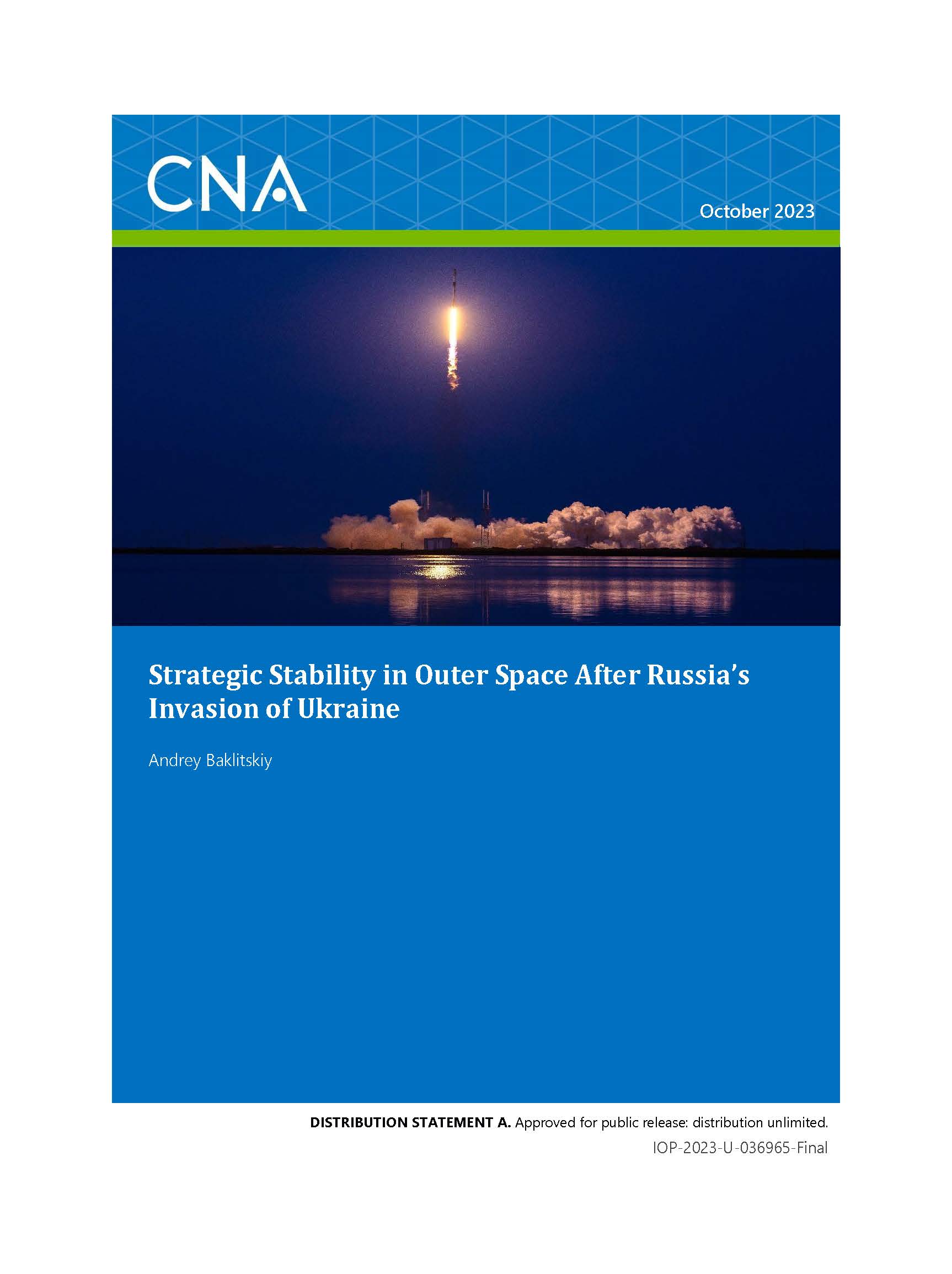Outer space has always occupied an important place in thinking about nuclear weapons. Be it the development of nuclear forces, arms control efforts, or the concept of strategic stability, the space dimension has been impossible to ignore. Its importance is especially pronounced in the case of the world’s two nuclear superpowers. Space systems are integral to nuclear and conventional capabilities in both the United States and Russia. They support critical functions such as communication, reconnaissance, intelligence gathering, and targeting. However, the renewed great power competition, the disappearance of arms control “guardrails,” and the willingness of states to develop military capabilities across new domains put pressure on an already fragile status quo in outer space. Negative implications for strategic stability might follow.
A significant factor contributing to this trend is the Russian invasion of Ukraine. This conflict serves as a vivid example of modern warfare in which space assets have been heavily employed for military purposes and have been put in the crosshairs themselves as a result. And with relations between Moscow and Washington at their lowest level since the height of the Cold War, the nuclear factor has come to the forefront of bilateral relations once again.
DISTRIBUTION STATEMENT A. Approved for public release: distribution unlimited.
Details
- Pages: 34
- Document Number: IOP-2023-U-036965-Final
- Publication Date: 10/24/2023
